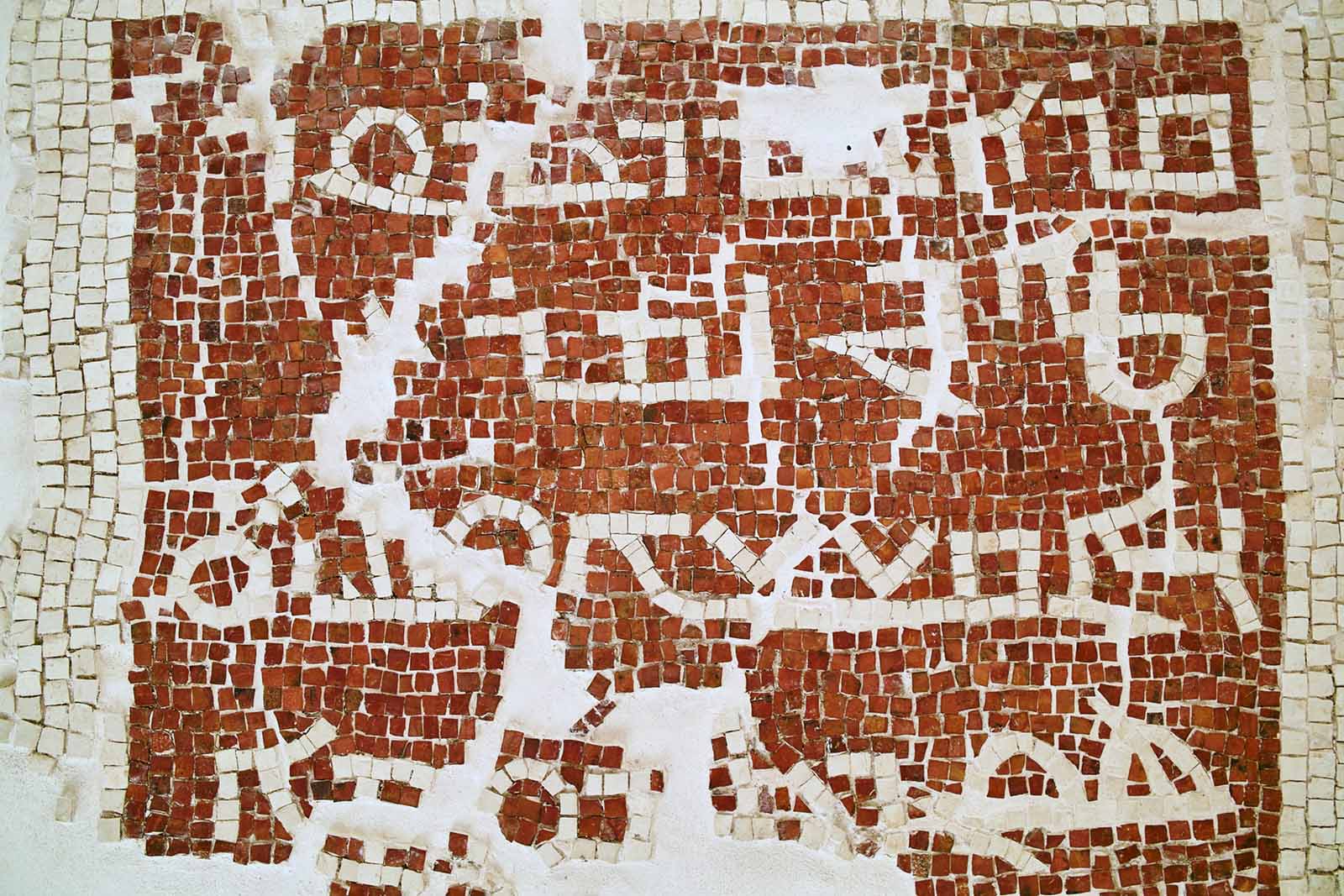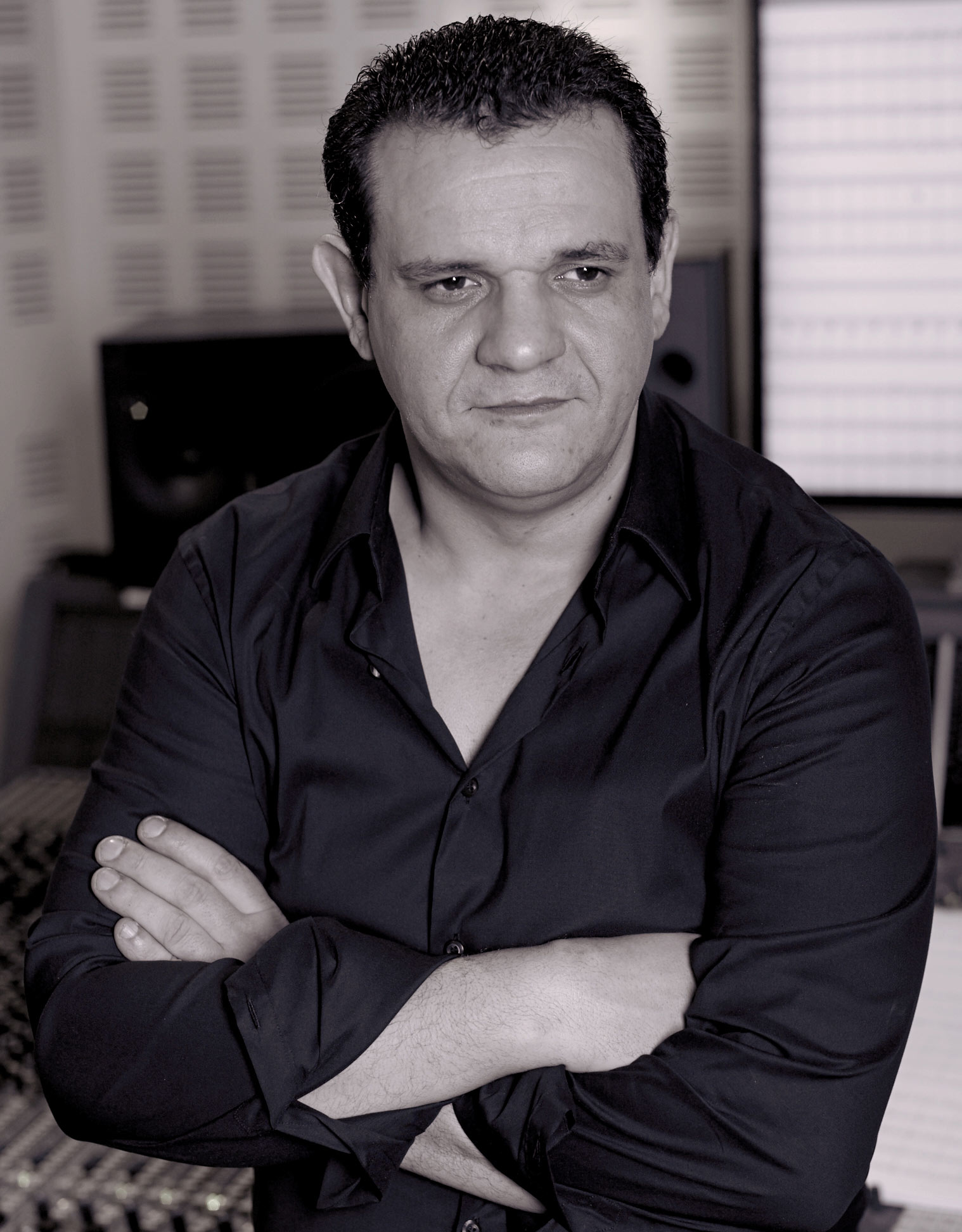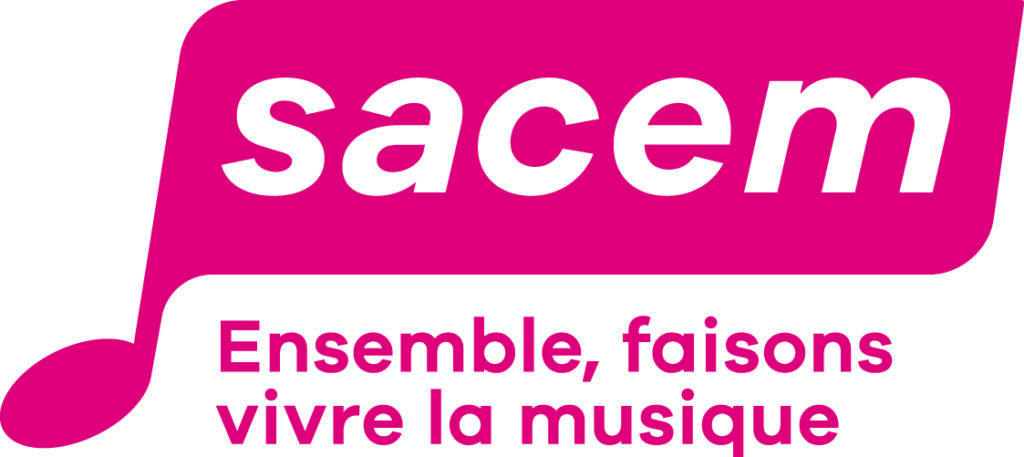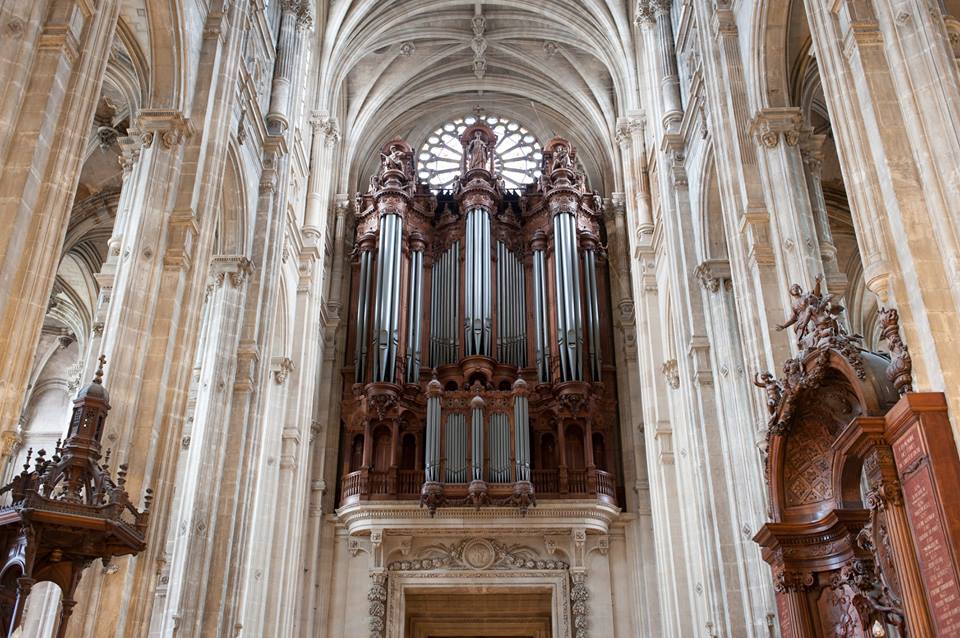In the Name of the Father is a work for Organ, three solo voices and a choir.
Its libretto revolves around psalms of the Old Testament interpreted in the language where they were originally celebrated, Aramaic.
In the Name of the Father is a work for Organ, three solo voices and a choir.
Its libretto revolves around psalms of the Old Testament interpreted in the language where they were originally celebrated, Aramaic.
In the Name of the Father is a work for Organ, 3 solo voices and a large choir and its libretto revolves around psalms of the Old Testament interpreted in Aramaic.
The composer Tarik Benouarka, inspired by the evocative power of this ancient language whose sounds testify to the intensity of the first liturgies of the East, wanted to imagine this original musical creation as a spiritual journey to the borders of the sources of the West and the East, reconnecting with the form and structures of a Votive Mass in ten movements, in order to celebrate these great founding texts that he proposes to hear again and rediscover in music and in the language where they were originally celebrated.
Composed for the organ and lasting about an hour, the score will be served by three great Solo Voices; Soprano, Tenor and Bass, surrounded by a Symphonic Choir.
Both lyrical and sacred, the work pays tribute to this language of the centuries, a precious common source of the great religions of the book, crucible of Hebrew and Arabic and which was that of the prophets, Christ and the first believers.
A work of peace, hope and faith, In the Name of the Father also draws, from movement to movement, a subtle journey through the tones, inspired by the tonal tradition of very ancient liturgies in order to express music tinged with all times, in a setting of harmonies, melodies and beauty dedicated to these great texts with incomparable emotional landscapes and spiritual lights.
Today known as the language of Jesus, Aramaic is a thousand-year-old Semitic language native to Aram, a very ancient region in central Syria.
The Aramaic alphabet is the ancestor of the Hebrew and Arabic alphabets as well as that of some Indian languages, hence its historical importance.
Aramaic is attested from the ninth century BC and flourishes within the Neo-Assyrian and Neo-Babylonian empires. Aramaic was the “language of relationship” of that time, the language of education and commerce and in the eighth century BC Aramaic was commonly spoken from Egypt to Major Asia as far as Pakistan and it was the main language of the great Empires of Assyria, Babylon and later the Chaldean Empire as well as the imperial government of Mesopotamia.
Aramaic also spread in Palestine, supplanting Hebrew as the most commonly spoken language between 721 and 500 BC. This is why Aramaic is considered to be the language of Jesus of Nazareth and his disciples.
Aramaic has been retained as a liturgical language by some Eastern churches in the form of Syriac, an Aramaic variety in which Eastern Christianity has been diffused.
Modern Aramaic is now spoken by about half a million speakers, small scattered Christian and Jewish communities, in remote areas of Syria, southeastern Turkey, northern Iraq and Iran and in diasporas in Sweden, the United States and the Paris region.
The work is articulated according to the traditional structure of a mass and thus includes ten movements :
I – Introit
II – Kyrie
III – Oration
IV – Song
V – Salve Regina
VI – Second Oration
VII – Sanctus
VIII – Ave Maria
IX – Benedictus
X – Finale : Ite missa est


Tarik Benouarka.
Symphonic Composer, Author and Creator of shows and operas, Director and Musician.
Born in 1966 in Hussein Dey, Algiers, of Arabic and French culture, he began learning music at the age of 4 under the influence of his pianist mother who introduced him to the great composers of the West and East before continuing his musical training in France. He studied at the Conservatoire National d’Evry where he obtained a gold medal before entering the Conservatoire National Supérieur de Musique CNSM in writing and composition class.
An accomplished musician, he began his professional career at the age of 16, still a student, by signing his first contract as an artist with the major international record company EMI for which he worked in the studio and on stage collaborating with many artists such as the singer Gérard Mancé, the Marquis de Sade Group, Etienne Daho etc …
Recognized for the many successful creations in which he participates, Tarik is passionate about all forms of music, forging his style over the many artistic encounters, achievements, and prestigious collaborations, as much through the composition of classical music, jazz as pop, before approaching the art of the Opera in which he finds the ideal dimension to express all his sources of inspiration: symphonic writing, drama, lyrical art and all the performing arts.
His artistic and musical career is marked by his double culture that he fully expresses in his various creations. He collaborates with artists of international dimension, such as Peter Gabriel, Beyonce for whom he writes two Grammy-winning titles, Lady Gaga, Thomas Dutronc, AIM, MC Solar, Jacques Higelin, Arthur H, Nina Morato, Etienne Daho, France Gall, Jacno, Lio, Helena Noguera, Françoise Hardy, Les Wailers, Alain Bashung, Cirque du Soleil, Lido but also Thierry Mugler with whom he regularly collaborates for the creation of major music hall shows in the United States, in Europe and Asia.
After many years of research and creation around the themes of the Arabic language, the cultures of the Maghreb and the East, the study of ancient languages and lyrical and symphonic art, he has created an important repertoire rare in the world of opera and music.
Examples of achievements
– El Nafas (The Breath) – Opera in Arabic – Algiers Opera 2013
– Sindbad le Fils du vent – Children’s Opera – Written for the children’s orchestra Les Petites Mains Symphoniques
– The Wild – Musical by Thierry Mugler – Friedrichstadt-Palast Berlin 2014
– The Days and Nights of the Heart Tree – Opera Ballet – Cairo Opera * Salle Gaveau Paris 2015
– Silencio – Concerto for Oboe Solo and Orchestra – Prague Opera 2017
– Issue – Ballet music by Eugénie Andrin – Anthéa Antipolis Théâtre d’Antibes 2017
– The Cantata for three Voices by Paul Claudel – Musical theater – Cartoucherie de Vincennes 2018
– The Legend of Nere – Oratorio for organ, choir and soloists in Arabic and Latin – Church of Saint Eustache 2019
– Arabic Philharmonic Recital – Symphonic Show – Riyadh Saudi Arabia – March 2022
– Terhal – Musical Show by Dragone – Saudi Arabia – March 2023
– In the Name of the Father – Mass in aramaic – St Eustache Church, Paris– June 2023
Works in preparation
– Qays and Leyla – Opera in two Acts
– Djamila – Opera in two Acts
– Shazâ – Children’s Show
The work is premiered June 2023 the 1st at the Church of Saint Eustache in Paris with three great lyrical voices, Catherine Manandaza, Soprano, Franck Aderschlag, Tenor, Marc Souchet, Baryton bass, the organist Christophe Guida and the classical choir Dulci Jubilo under the direction of Christopher Gibert.
The creation received the support of the SACEM.

